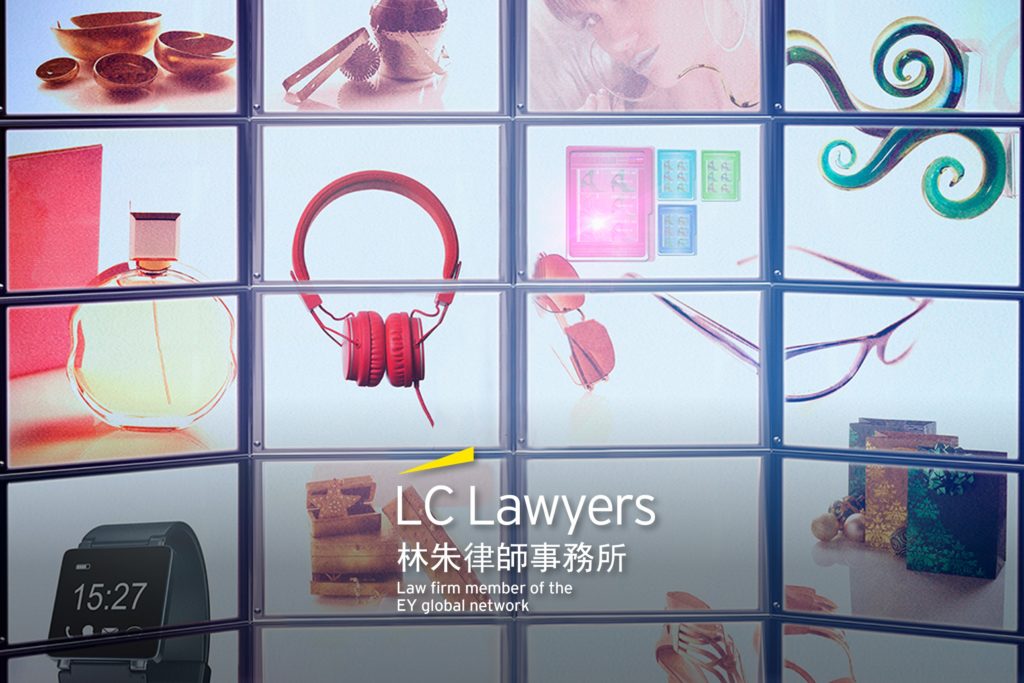Quick search
CTRL+K
Quick search
CTRL+K


Since 2010, the Global Law Experts annual awards have been celebrating excellence, innovation and performance across the legal communities from around the world.
posted 2 years ago
By Philip Kwok:
As e-commerce flourishes in both mainland China and Hong Kong, disputes related to online consumption have correspondingly increased. In this article the author presents a comparative analysis of legal requirements concerning standard terms adopted by e-commerce platforms in both jurisdictions, including recommendations for cross-border e-commerce platform operators.
LATEST IN MAINLAND CHINA
Requirements relating to standard terms can be found in the E-Commerce Law, the Civil Code and other relevant laws and regulations. On 13 January 2022, the Beijing No. 4 Intermediate People’s Court announced “Ten Typical Cases of Internet-related Civil and Commercial Trials” and, among these, half related to issues concerning standard contractual terms adopted by e-commerce platforms.
On 15 February 2022, the Supreme People’s Court announced the Provisions on Several Issues Concerning the Application of Law in the Trial of Online Consumer Disputes (I), indicating further circumstances where certain standard-form contractual terms provided by e-commerce operators would be rendered void and/or unenforceable.
The provisions also make detailed stipulations concerning obligations of e-commerce operators over return of goods without reasons, proprietary businesses, platform payments, second-hand goods transactions, sales through live-streaming, fabricated transaction contracts, and online catering platforms.
HONG KONG REGULATION
Unlike mainland China, there are no specific legal provisions in Hong Kong targeting standard terms of e-commerce activities. In general, standard terms and conditions are regulated by the Control of Exemption Clauses Ordinance (Cap. 71) and the Unconscionable Contracts Ordinance (Cap. 458).
The Hong Kong Court of Appeal recently decided that some standard exemption clauses in investment service contracts signed between a bank and its clients were neither fair nor reasonable. Giving full effect to such clauses being un-conscionable, the court ruled they could not exempt or limit liability, and rejected the bank’s appeal.
COMPARING VOID TERMS
Set forth below a table of brief introduction and the major circumstances where standard terms would be regarded as void or unenforceable in both jurisdictions.
|
|
In mainland China, major circumstances where standard terms would be regarded as void or unenforceable |
In Hong Kong, major circumstances where standard terms would be regarded as void or unenforceable |
|
Standard terms applicable to all kinds of contracts |
|
|
|
Standard terms specifically targeting e-commerce operators that would be regarded as void |
|
|
ADVICE FOR E-COMMERCE
From this analysis, it can be seen there are similarities and differences in the regulatory regime over standard terms in mainland China and Hong Kong. Key factors to be considered include fairness and reasonableness to consumers, and whether such terms are unreasonably drafted in favour of the party providing such terms. It is extremely important for companies considering engaging in cross-border e-commerce businesses to understand and properly manage their legal liability risks by properly preparing their platforms’ standard terms of business.
E-commerce platform operators conducting businesses in both mainland China and Hong Kong are recommended to: (1) learn how the laws of both jurisdictions regulate standard terms of e-commerce platforms; (2) pay attention to circumstances where standard terms may be deemed void or unenforceable, and consider whether standard terms as drafted are in line with the laws and regulations of the jurisdiction; (3) develop their businesses in accordance with latest laws and regulations to better regulate their business processes; (4) prudently handle complaints received by the e-commerce platform from consumers; and (5) fully assess potential legal liability risks to ensure legal operation of the e-commerce platforms, and appropriately manage their dispute risks.
First published in May issue 2022 of China Business Law Journal.
Note: This material has been prepared for general information purposes only and is not intended to be relied upon as professional advice for any cases. Should you need further information or legal advice, please contact us.
Author


There are no results matching your search.
Resetposted 9 hours ago
posted 21 hours ago
posted 21 hours ago
posted 4 days ago
posted 4 days ago
posted 4 days ago
posted 5 days ago
posted 5 days ago
posted 5 days ago
posted 7 days ago
There are no results matching your search.
ResetFind the right Legal Expert for your business
Sign up for the latest legal briefings and news within Global Law Experts’ community, as well as a whole host of features, editorial and conference updates direct to your email inbox.
Naturally you can unsubscribe at any time.
Global Law Experts is dedicated to providing exceptional legal services to clients around the world. With a vast network of highly skilled and experienced lawyers, we are committed to delivering innovative and tailored solutions to meet the diverse needs of our clients in various jurisdictions.